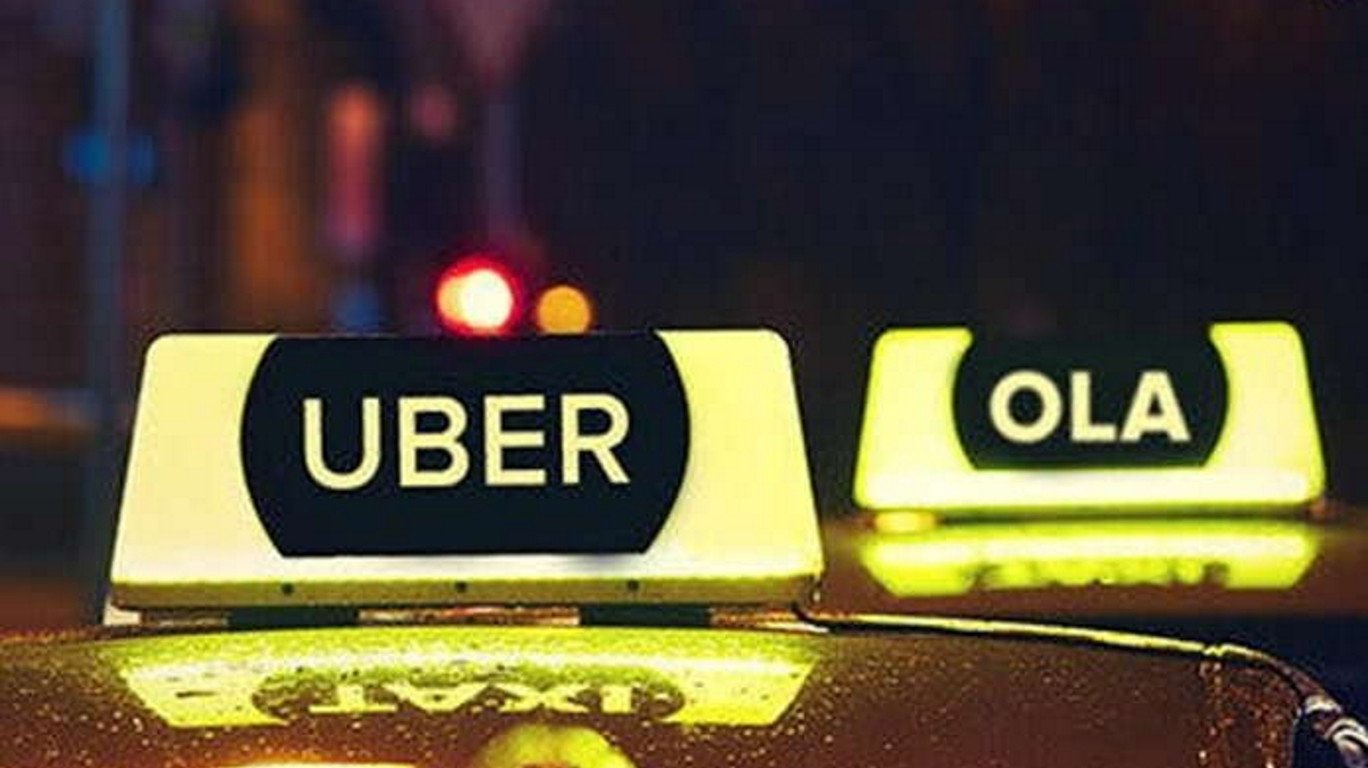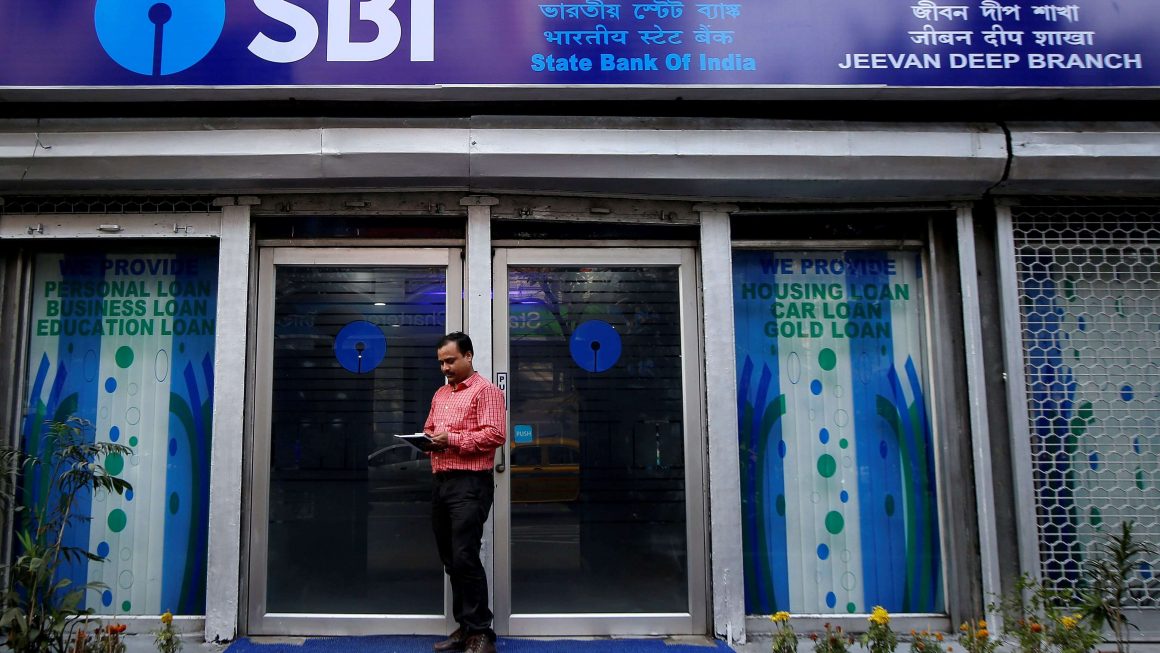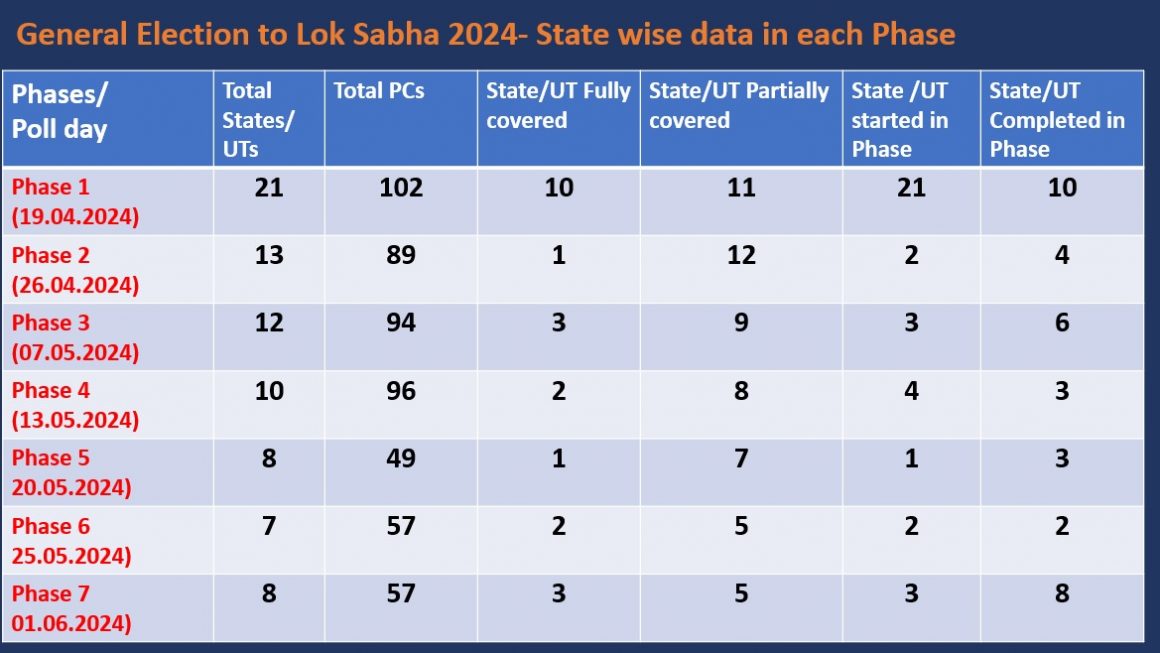NEW DELHI: The Competition Commission of India (CCI) has rejected allegations of price fixing against app-based taxi service providers Ola and Uber, saying drivers acceding to “algorithmically determined prices” by the platforms did not amount to collusion between them.
In a 13-page order, the CCI also dismissed complaints that Ola and Uber were imposing a resale price maintenance system on drivers as well as alleged price discrimination.
In the model followed by cab aggregators, estimation of fares are done by algorithms on the basis of large data sets. Apart from personalised information, various other factors such as time of the day and traffic situation are taken into account with respect to fares.
“Resultantly, the algorithmically determined pricing for each rider and each trip tends to be different owing to the interplay of large data sets. Such pricing does not appear to be similar to the ‘hub and spoke’’ arrangement as understood in the traditional competition parlance,” the regulator said.
Generally, a hub and spoke arrangement requires the spokes to use a third-party platform (hub) for exchange of sensitive information, including information on prices that can facilitate price fixing. For a cartel to operate as a hub and spoke, the CCI said there should be a conspiracy to fix prices and an existence of collusion in the first place.
“In the present case, the drivers may have acceded to the algorithmically determined prices by the platform (Ola/ Uber). This cannot be said to amount to collusion between the drivers.”
Further, in the case of ride-sourcing and ride-sharing services, a hub-and-spoke cartel would require an agreement between all drivers to set prices through the platform or an agreement for the platform to coordinate prices between them, the regulator said.
“There does not appear to be any such agreement between drivers inter-se to delegate this pricing power to platform/ cab aggregators,” the watchdog said.
The complaint was filed by an individual against ANI Technologies, providing the app-based taxi services under ‘Ola’, Uber India Systems , the Netherlands-based Uber B V and US-based Uber Technologies, the holding company of Uber group.
Uber B V enters into contract with taxi owners attached to Uber network and is responsible for making payment of rider services as well as incentives to drivers, according to details provided in the CCI order.
Noting that fares offered by Ola and Uber were dynamic in nature, the CCI said there did not seem to be any fixed floor price maintained by taxi aggregators for drivers.
Under the Competition Act, resale price maintenance refers to the setting of a floor price on resale.
“In case of app-based taxi services, the dynamic pricing can and does on many occasions drive the prices to levels much lower than fares that would have been charged by independent taxi drivers.
“Thus, there does not seem to be any fixed floor price that is set and maintained by aggregators for all drivers and the centralised pricing mechanism cannot be viewed as a vertical instrument employed to orchestrate price-fixing cartel among drivers,” according to the order.
About alleged price fixing, the CCI said the existence of an agreement, understanding or arrangement that demonstrates meeting of minds, was a sine qua non for establishing a contravention under Section 3 of the Act. In the current case neither there appeared to be any such agreement or meeting of minds between cab aggregators and respective drivers nor between the drivers inter-se, the order said.
As a result, the watchdog said there was no contravention of Section 3, pertaining to anti-competitive agreements.


